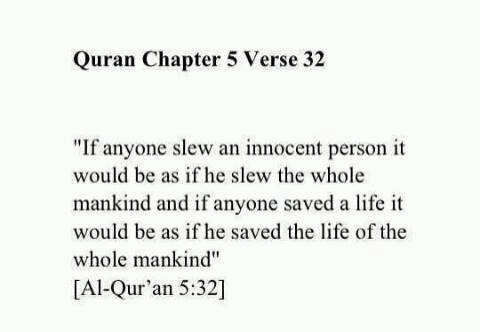There is a general sense of agreement, or at least a culturally enshrined assumption, that the stretch of time between Thanksgiving and Christmas might just be the busiest time of the year.
Much of this, undoubtedly, has to do with the commercialization of Christmas, which is beginning to affect not only Thanksgiving but also Halloween, it seems. Surely the march from Black Friday and Small Business Saturday to Cyber Monday and Giving Tuesday is not helping the sense of overwhelming obligation that most people seem to share during this “gap” between the holidays.
And yet this gap is not merely a gap, of course, in the Catholic tradition, where the rhythms of Advent offer a reminder that Christmas preparation is a more holistic task than sourcing gifts and sending cards. Even with this broader vision in mind, though, it is hard not to get caught up in the busyness of it all (especially for anyone on an academic calendar, when this stretch of time also coincides with final exams and grading deadlines).
Part of the problem, I think, is that we have little appreciation of the value of rest, of the pause that is the opposite of busyness.
Pope Francis emphasized this problem in Laudato Si’, noting, “We tend to demean contemplative rest as something unproductive and unnecessary” (237). It does not fit neatly into our categories, and it does not seem to be helpful when we face the pressures of a time crunch.
Behind this demeaning analysis lies a certain assumption that the best way to assess the value of rest lies in its utility. The point of rest, we’re inclined to say, is to help you recover your energy (mental as well as physical) so that you can go back to your “real life” and do the things you need to do.
This is closely tied with a certain kind of work ethic that contributes to the sense that busyness is good and down time is problematic. As the headline of an article a friend forwarded to me reads, “Vacation seems like it frees us from work. That’s what work wants us to think.”
Naturally, none of this is meant to say that we should not use rest to recover. Catholic social teaching has long emphasized rest in relation to work, championing a weekly day of rest for all workers not simply as an opportunity to fulfill one’s religious obligations (Rerum Novarum 41) but also as a chance “to renew [one’s] bodily strength and to refresh [one’s] spirit” (Mater et Magistra 250). In other words, rest has a certain utility to it—it is appropriately recognized as an instrumental good.
Nevertheless, this is not all that rest can offer. It’s easy to imagine us longing for rest in the midst of the current busyness of life so that we can recover a bit and then go back out there to continue fulfilling all of our pre-Christmas obligations with renewed vigor. But surely this demeans rest too, or at least demands too little of it.
An important insight from the Catholic tradition is that rest, for all its instrumental benefits, also has some intrinsic value as well.
This is easiest to see in time spent with others, when rest can foster and strengthen our relationships. That is, in the sort of rest that, I hope, many of us were recently able to enjoy around the Thanksgiving table with our family and friends. The real value of rest in these relational moments is not found in the way they help us be more productive after, but in the way they allow us simply to be in the presence of one another. The significance of these moments of rest is not in their utility, but in their existence.
Ultimately, we will only seek out the rest we need if we can acknowledge rest’s inherent value like this. This is essential, for rest has a transformative potential.
Reacting to the tendency to demean rest and ignore its intrinsic value, Pope Francis offered a vision for the good rest can produce in se, insisting,
[Rest] protects human action from becoming empty activism; it also prevents that unfettered greed and sense of isolation which make us seek personal gain to the detriment of all else…. Rest opens our eyes to the larger picture and gives us renewed sensitivity to the rights of others (Laudato Si’ 237).
In this vein, rest strikes me as the appropriate remedy not only to the busyness of this moment but also to some of its root causes.
While giving gifts at Christmas is admirable, and certainly is in keeping with the spirit of the gift of God celebrated in the Feast of the Nativity of the Lord, it can also feed into the commercialization of Christmas and tread perilously close to cooperation with “unfettered greed.” Additionally, our own sense of busyness and what must be accomplished can easily generate a “sense of isolation” that undermines the preparations of Advent.
Rest, then, is a good—indeed necessary—practice in the midst of this busy time, but we must reimagine its value and reclaim its goodness if we are going to seek it out appropriately. In other words, to fully appreciate rest, we must begin to carve out space for a form of rest where we can simply be.
It’s not an easy thing to do, but it is a fitting way to prepare for the celebration of Christmas, when we proclaim Jesus as Emmanuel, commemorating God’s decision to be with us.





